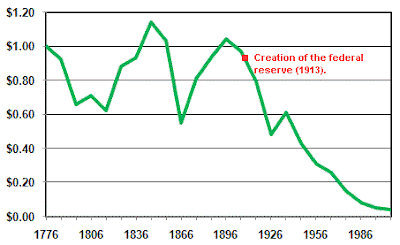
Argentina
Argentina, officially the Argentine Republic[5] (Spanish: República Argentina, pronounced [reˈpuβlika arxenˈtina]), is a country in South America, constituted as a federation of 23 provinces and an autonomous city, Buenos Aires. It is the second largest country in South America and eighth in the world by land area and the largest among Spanish-speaking nations, though Mexico, Colombia and Spain are more populous. Its continental area is 2,766,890 km2 (1,068,302 sq mi), between the Andes mountain range in the west and the southern Atlantic Ocean in the east and south. Argentina borders Paraguay and Bolivia to the north, Brazil and Uruguay to the northeast, and Chile to the west and south. Argentina claims the Falkland Islands and South Georgia and South Sandwich Islands which are controlled by the United Kingdom. It also claims 969,464 km2 (374,312 sq mi) of Antarctica, known as Argentine Antarctica which overlaps other claims made by Chile and by the United Kingdom. These claims have been suspended by the Antarctic Treaty of 1961.
Argentina has the second highest Human Development Index level[6] and Gross Domestic Product (GDP) per capita in purchasing power parity in Latin America.[3] Argentina's nominal GDP is the 30th largest in the world;[7] but when purchasing power is taken into account, its total GDP makes it the 23rd largest economy in the world.[8]
According to article 35 of the Argentine Constitution, the titles Argentine Republic, Argentine Confederation, Argentine Nation, and United Provinces of the River Plate are all valid; however, Argentine Republic is the title used in practice.
The country is currently classified as an Upper-Middle Income Country[9] or as a secondary emerging market by the World Bank.[10][11] Argentina is also a one of the G-20 major economies.







-1Dollar-(1965)-donatedTDS_f.jpg)
-1Dollar-(1965)-donatedTDS_f.jpg)








































